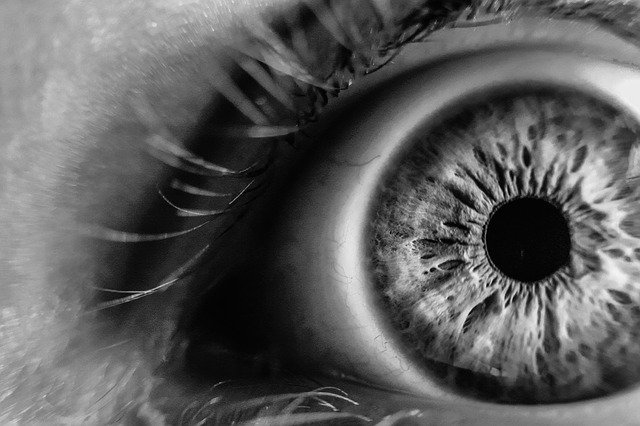Diabetes takes a heavy toll on a person’s eyesight, even when they don’t know it. It’s just one of the reasons it’s so important to monitor blood glucose levels and receive regular eye exams. Uncontrolled diabetes affects the blood vessels in your retina, resulting in diabetic retinopathy, the most common cause of permanent vision loss in diabetics.
There’s a myriad of symptoms you may or may not notice indicating there’s a problem with your vision long before it becomes critical. Symptoms to look for includes blurry vision, spots or “floaters,” and difficulty driving at night due to glare from lights called halos. Severe headaches, nausea and vomiting can also occur.
Cataracts tend to affect people with diabetes at a younger age than others. Your vision will become blurry and the lenses will become cloudy. Cataracts can occur slowly over time or progress quickly. Diabetics must also guard against glaucoma, a group of eye conditions, some of which provide no warning signs until they’ve reached an advanced stage.
You can’t undo damage to your eyes, but there are methods and treatments that can prevent it from worsening. It’s important to have your eye exams performed by an ophthalmologist that’s familiar with the specific concerns associated with diabetes. An ordinary eye exam won’t be able to detect problems with your eyes that can occur with the disease.
The risk factor for you to develop vision problems is up to five times that of others. The best way to take care of your eyes and preserve your vision is to maintain tight control over your blood glucose levels. The second is regular eye exams with an ophthalmologist. The third is to control blood pressure to eliminate undue pressure against the eyes by blood vessels.
Most insurance companies will pay for an eye exam each year and glasses every other year if you need them. If you’re over the age of 50 and have symptoms of vision loss, insurance may cover the costs of yearly exams. Surgery is also available to eliminate cataracts. Most eye surgeons won’t perform the surgery without an A1C test of a specific level.
If you would like to find out about earning cash for your unwanted, unused and boxed test strips, complete our online quote form today.
If you have extra, unopened and unused boxes of diabetic test strips – whether you have switched brands, no longer need to test or test less frequently, or have a loved one who has passed away – don’t let them gather dust until they’ve expired and end up in the trash. We’re the best place to sell diabetic test strips online, and if you want to sell your test strips, we’re here to make the process easy and enjoyable!
Visit us at Sell Your Test Strips and get your free quote today!
Like us on Facebook

